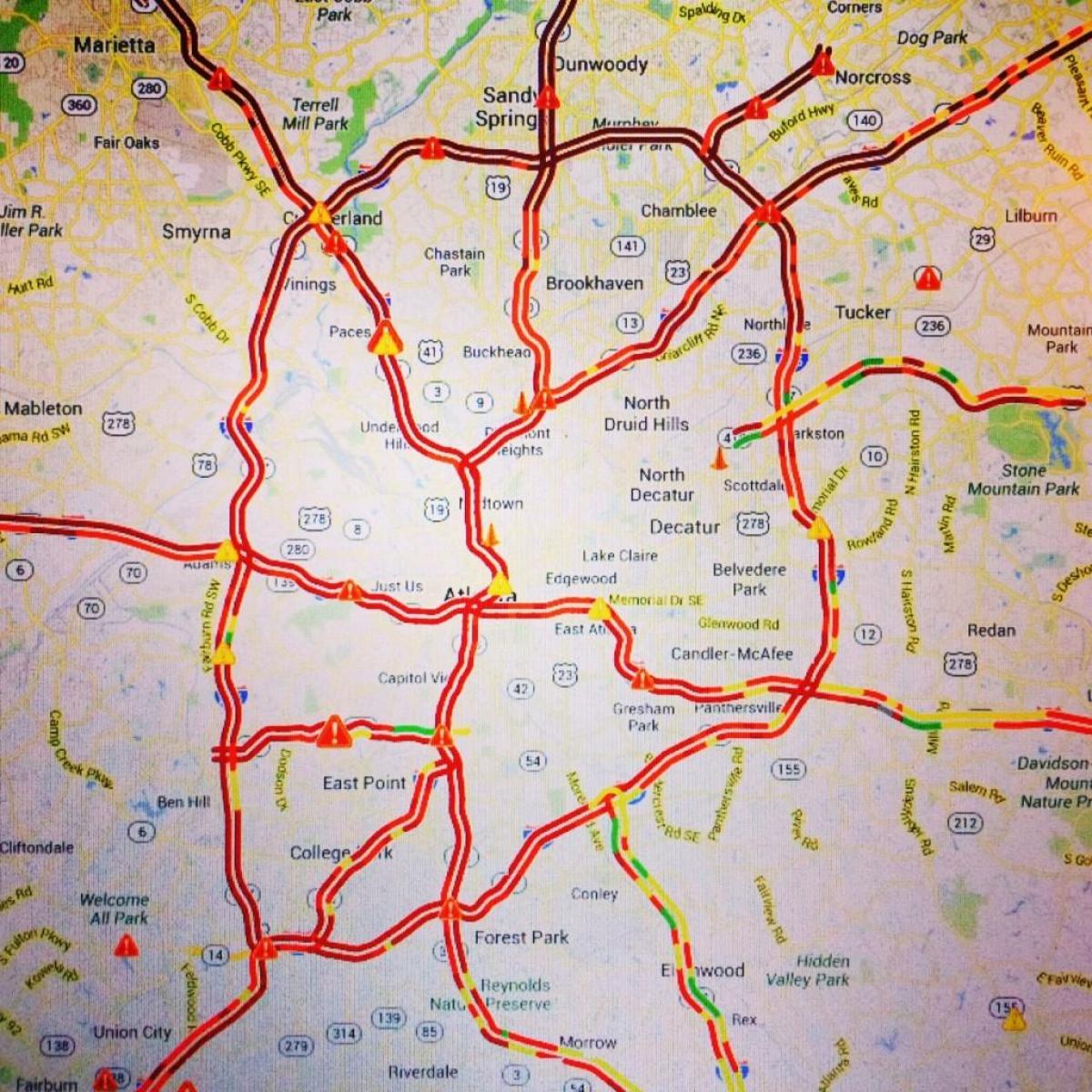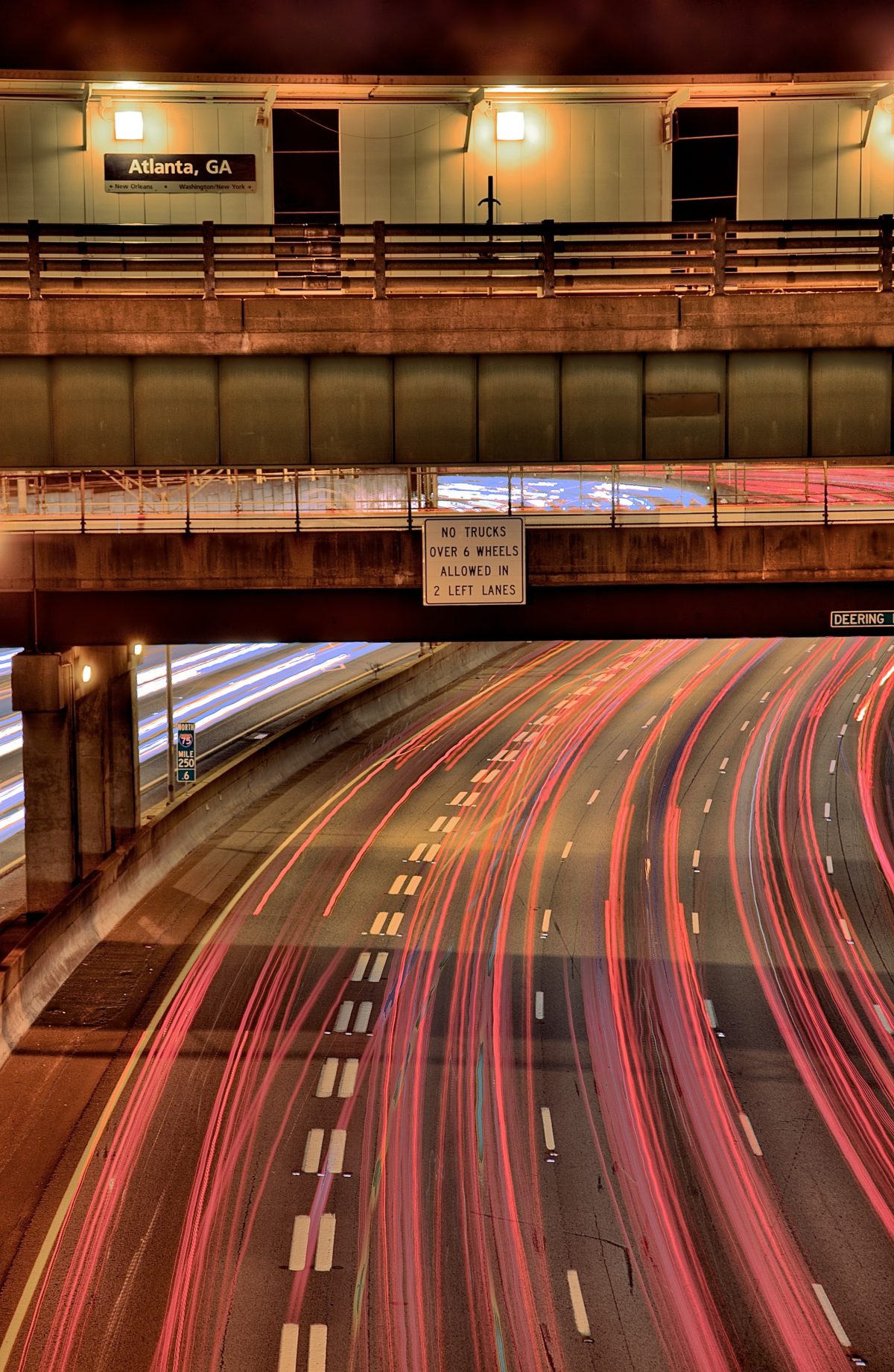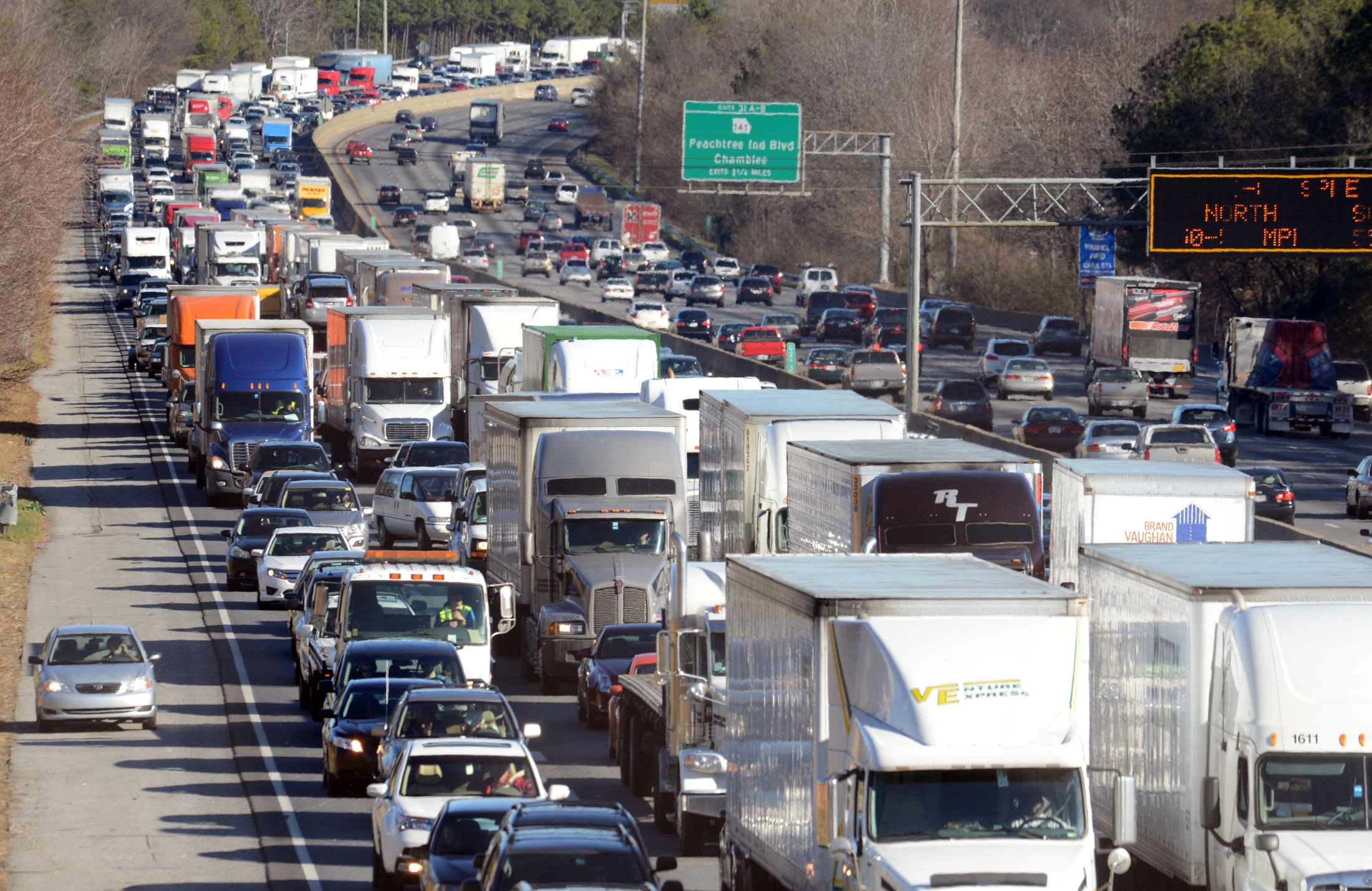Navigating Atlanta Traffic: Your Ultimate Guide To Smarter Commutes
Atlanta traffic is a notorious challenge for residents and visitors alike. From the daily grind of rush hour on the Downtown Connector to unexpected delays on I-285, understanding and managing the flow of vehicles in this sprawling metropolis is key to maintaining sanity and punctuality. This comprehensive guide delves into the complexities of Atlanta's roadways, offering insights, strategies, and the latest information to help you navigate the city with greater ease.
Whether you're a long-time Atlantan or planning a visit, the sheer volume of cars can be daunting. But it doesn't have to define your experience. By understanding the underlying causes of congestion, leveraging available technology, and adopting smart commuting habits, you can transform your daily journey from a frustrating ordeal into a manageable part of your day. Let's explore how to conquer the concrete jungle.
Table of Contents
- The Root Causes of Atlanta Traffic Congestion
- The Far-Reaching Impact of Atlanta Traffic
- Leveraging Technology for Smarter Atlanta Commutes
- Strategic Solutions to Atlanta's Traffic Woes
- Real-Time Traffic Updates and Incident Management in Atlanta
- Prioritizing Safety on Atlanta's Busy Roads
- The Future of Atlanta Traffic: Innovation and Sustainability
- Practical Tips for Navigating Atlanta Traffic Like a Pro
The Root Causes of Atlanta Traffic Congestion
Atlanta's reputation for challenging traffic isn't accidental; it's a complex interplay of geographical, historical, and demographic factors. Understanding these root causes is the first step toward effective navigation, helping you anticipate potential slowdowns.
- Saturday Night Live Segment
- Lorne Greene Of Bonanza
- Rich Shertenlieb
- Nicki Minaj Leak
- %D8%B3%D8%A7%DB%8C%D8%AA %D9%BE%D9%88%D8%B1%D9%86
- Rapid Population Growth: The metropolitan Atlanta area has experienced explosive growth over the past few decades, consistently ranking among the fastest-growing regions in the U.S. More people mean more cars on the road, and infrastructure development often struggles to keep pace with this influx.
- Sprawling Layout: Unlike older, more compact cities with dense urban cores, Atlanta developed largely post-automobile. This led to a sprawling, car-dependent layout where residential areas, workplaces, and amenities are often significantly distant from one another, necessitating personal vehicle use for most daily activities.
- Limited Public Transit Infrastructure: While MARTA serves parts of the city with its rail and bus lines, its coverage is not as extensive as in many other major U.S. cities. This leaves large swathes of the metro area, particularly the rapidly growing suburbs, heavily reliant on personal vehicles, funneling more cars onto the interstates.
- Interstate Hub: Atlanta serves as a major transportation hub for the southeastern United States. I-75, I-85, and I-20 all converge in the city, bringing significant through-traffic in addition to local commuters. The infamous "Downtown Connector" (the shared segment of I-75 and I-85 through the city center) is a prime example of this bottleneck effect, where multiple major routes merge into a single, often overloaded, artery.
- Daily Commuting Patterns: The vast majority of Atlanta residents commute by car, leading to predictable, severe rush hours in the mornings and evenings. These peak periods push the road network far beyond its designed capacity, resulting in widespread congestion.
- Topography and Natural Barriers: While not as mountainous as some regions, Atlanta's rolling hills, numerous creeks, and the Chattahoochee River necessitate a complex network of bridges and tunnels. These natural barriers and the infrastructure built to overcome them can create pinch points in the road network, slowing down traffic flow.
These factors combine to create a dynamic environment where even a minor incident—a fender-bender, a stalled vehicle, or unexpected road work—can ripple through the entire system, causing significant delays across the region. The sheer volume of vehicles, particularly during peak hours, pushes the road network beyond its designed capacity, leading to the familiar crawl that defines Atlanta traffic.
The Far-Reaching Impact of Atlanta Traffic
The consequences of persistent Atlanta traffic extend far beyond mere inconvenience or a frustrating commute. They affect daily life, economic productivity, public health, and even the environmental well-being of the entire metropolitan area.
- Economic Costs: The time lost by individuals stuck in traffic translates directly into lost productivity for businesses and the regional economy. Estimates often place the annual cost of congestion in major U.S. cities in the billions of dollars, factoring in wasted fuel, delayed deliveries, and reduced efficiency. Companies may also face challenges attracting and retaining talent if commutes are perceived as excessively burdensome.
- Environmental Impact: More idling cars mean increased fuel consumption and higher emissions of greenhouse gases and pollutants. This contributes to poorer air quality in the region, impacting respiratory health and contributing to a larger carbon footprint for the metropolitan area.
- Quality of Life: Long and unpredictable commutes contribute significantly to stress, fatigue, and reduced leisure time for residents. This can negatively impact mental health, strain family life, and diminish overall well-being. People spend less time with loved ones, exercising, or pursuing hobbies, leading to a lower quality of life.
- Safety Concerns: Congested roads, characterized by frequent stop-and-go movement, aggressive lane changes, and driver frustration, inherently increase the likelihood of accidents. Even minor fender-benders can cause significant delays, and more serious collisions pose a direct threat to life and property.
- Emergency Response Delays: Heavy traffic can severely impede emergency vehicles—ambulances, fire trucks, and police cars—from reaching their destinations promptly. This delay can have critical, life-threatening consequences in urgent situations, underscoring the broader societal impact of traffic congestion.
Understanding these broader impacts underscores the critical importance of finding effective strategies, both individually and collectively, to mitigate the challenges posed by Atlanta traffic. It's not just about getting to work on time; it's about the health and prosperity of the entire community.
- Big Black Ass
- Where Is College Gameday This Week
- Movie Sound Of Music Cast
- National Lampoon 80s National Lampoon Beverly Dangelo
- Bambidoe Nude
Leveraging Technology for Smarter Atlanta Commutes
In the digital age, technology has become an indispensable tool for navigating the complexities of Atlanta traffic. From real-time mapping to predictive analytics, these tools empower drivers to make more informed decisions and potentially shave precious minutes off their journeys, transforming a frustrating crawl into a more manageable drive.

Atlanta traffic map - Map of Atlanta traffic (United States of America)

Traffic Atlanta - Douglas Stratton Fine Art Travel Photography

Traffic atlanta - galkesil